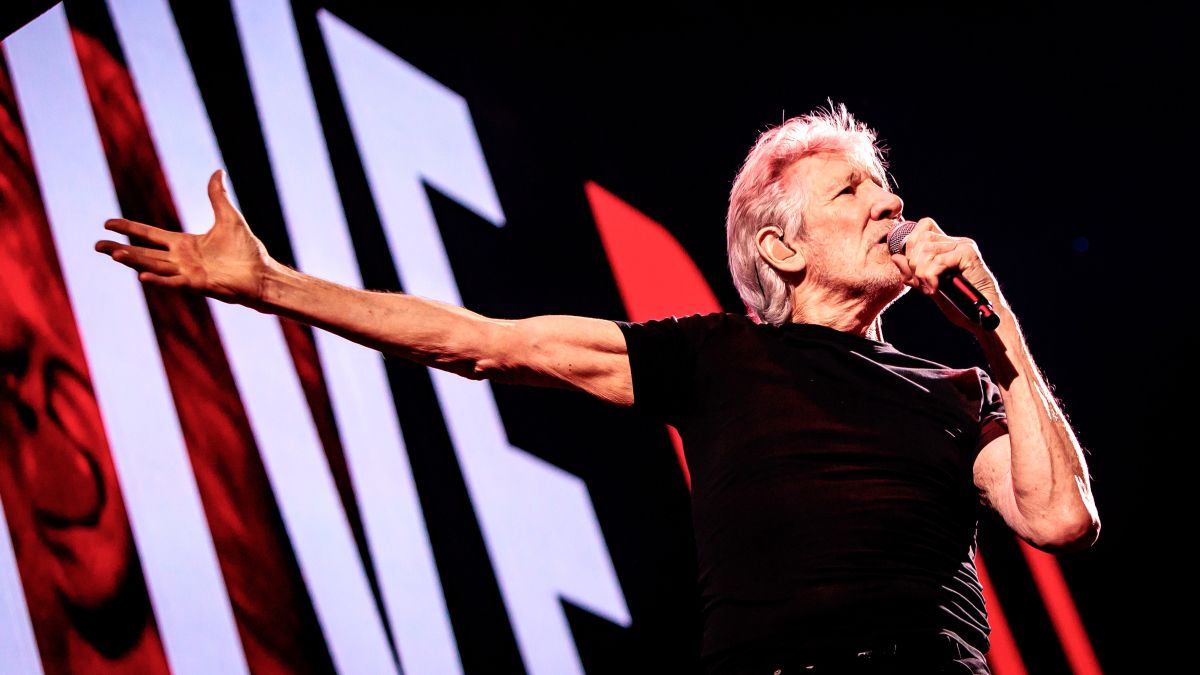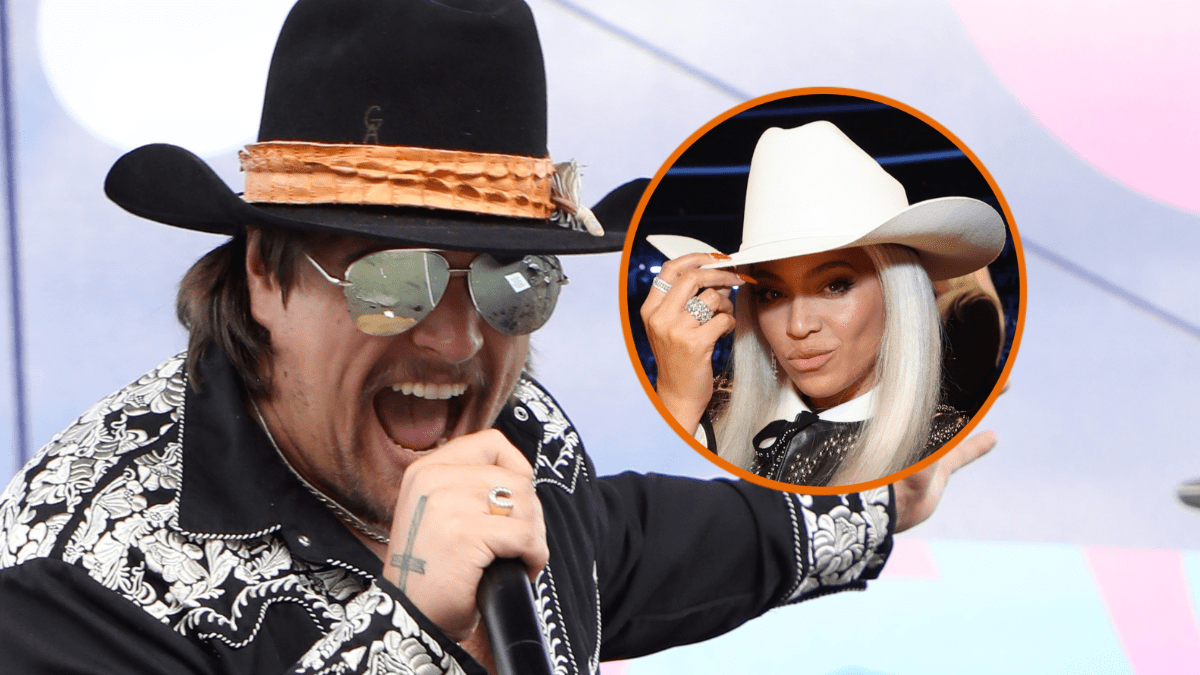
Armin Van Buuren needs no introduction. As a GRAMMY nominated artist making records for the last 22 years, the man has been an inseparable part of dance music’s evolution since long before “EDM.” Van Buuren has headlined shows, festivals, and clubs all around the globe, a notable example being last year’s massive Armin Only: Intense tour.
In addition to being crowned DJ Mag’s #1 DJ five times, Armin’s A State Of Trance radio show is widely regarded as the gold standard in dance radio, and just celebrated it’s 733rd episode. Oh, and he also co-founded one of the world’s foremost record labels, Armada Music, alongside Maykel Piron and David Lewis. To say Armin’s had a successful career, is a gross understatement.
Despite being one of the busiest men in dance music, Armin Van Buuren was kind enough to sit and chat with us before his TomorrowWorld 2015 closing performance. Read on to hear his thoughts on copyright law, the future of music, and the concepts behind his upcoming album, Embrace.
WGTC: Do you have anything special planned for the Blood Moon tonight?
Armin Van Buuren: No, you’re actually the first one to mention it, but it’s clouded anyway. I didn’t know it was supposed to be at this time during my set!
Well, hopefully the gods will smile and open the sky for you to see it! Now, I know you have a law degree, and I’m curious about your perspective on everything that’s been going on between Soundcloud and Sony, and the copyright issues in music. What do you think about all that?
Armin: Yeah, we could talk about this for hours, but I don’t want to step on anybody’s toes with my opinion. Let me give you two answers, though.
The first one I’ll give you as a law school student. What is law? Law is something that is made up by the parliament, by the government. We elect the government, so it’s a democratic process. And in that process, we decided years ago that if you whistle a melody, then you become the owner of that melody. That’s what we decided by law.
So, if you play a melody on a guitar, if you make a track, and you play that track, then the track is essentially yours, you know, if it stands out enough. That’s the way that the system of the copyright works. You become the owner of your own melody. Sounds fair enough, right? So in a way, there’s something really wrong with people downloading your stuff illegally without paying for it. You worked on it, you put a lot of time and effort into it. So that’s just the bases of it.
Having said that, the whole illegal downloads discussion – now I’m switching out from being a law school student – the whole illegal downloads discussion is over. We’re way past that, because nobody’s downloading anymore, it’s streaming. If you’re downloading right now, that is so 2010… Everybody’s streaming right now! You have Netflix, you have Spotify, you have Apple Music, and that is a really bright star on the horizon. It means you pay a little bit of a fee every month, and it means that you’re supporting the artists in a really great way.
I know that there’s a little bit of a debate about the fees that Spotify pay and all that, but that’s just a different discussion. I think that, in general, it’s a very fair system that is going on right now, and I hope that the people and the governments see that this is the way forward for the future as well. You can have access to any series, movies or whatever–and this is a revolution in copyright, the fact that we came to realize that people don’t necessarily want to own movies, or want to own music. They want to have access to music. Whenever they want. Now that’s a revolution!
So I don’t want to own the new album by David Gilmour. I want to listen to it, I want to check it out! And I want to check it out now, not tomorrow, now. And that’s what’s possible. So I strongly urge everybody to support this initiative. You pay ten bucks a month, and you can listen to almost unlimited amount of music. So much music, you could never even listen to it all in an entire lifetime, and I think that’s a great step forward. You promote the artists, you promote the future. And I think streaming is definitely the future, man. I’m super excited about it. I sell something that you can’t hold, especially in the age of streams, I mean you used to be able to hold a CD. Fortunately, we’re still going to press CDs and Vinyl for embrace, but soon that’ll be over because everything will be on your laptop screen or your phone.
I know there’s a lot of tension between Sony and Soundcloud, and a lot of tracks have been getting pulled because of legal issues surrounding copyright infringement.
Armin: I can understand for a lot of people that’s a bit frustrating, but I think it’s important to respect the rights of the owner of the composition. Having said that, if Soundcloud came up with a Spotify kind of model, then I think that would be fair, right? And I think there would be quite a few people that would be willing to pay a little bit of money for streams. If you can have unlimited access to all those mixes and whatever, I mean, that’s a beautiful thing. So I think streaming is the way forward.
My radio show for example, is now available, for free, if you have a subscription with Spotify, and if you don’t want to pay for it, you can have an ad thing with Spotify and you can listen to my radio show for free! How beautiful is that? Also, what I think is really fair for artists–people used to buy a new CD, you know, a new record, and they could buy it. They could play it once or they could play it a gazillion times. Right now, the artists get paid by the amount of times the track has been played. I think it’s a much more fair system.










Published: Oct 4, 2015 07:11 pm